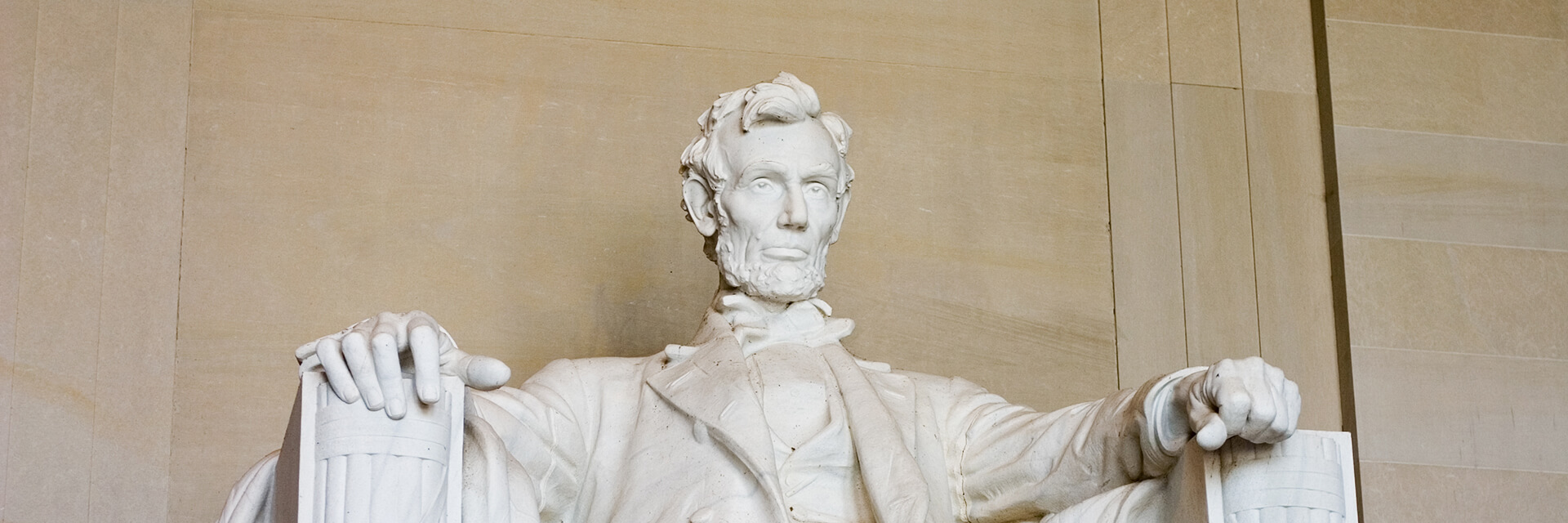
Trump Victory: Anticipated Boost in Infrastructure Investing
- Published
- Nov 10, 2016
- Share
Following Donald Trump’s victory in the U.S. Presidential Election Tuesday, one perception is that his intention of spending on infrastructure will be a positive for economic growth through job creation.
“We expect that the president-elect will try to make the U.S. more competitive globally and spend on infrastructure to create more jobs – that was part of his promises during the campaign,” said Nicholas Tsafos, a partner in the firm’s Financial Services Group.
Alternative investment professionals we spoke to also weighed in on the impact of President-Elect Trump’s victory. Here are a couple of issues that were mentioned:
- “We should see an increase in the velocity of money in the U.S., given the potential for a lower corporate tax rate, amnesty of U.S. companies repatriating offshore ‘locked’ funds and a potential end to gridlock in legislation,” said Allen Arakal, Founder and CEO of Shamana Capital Management. “This, coupled with potential personal tax cuts, increased infrastructure spending and strong employment should be very good for the U.S. consumer. Global yield curve steepening indicates a shift to fiscal spending and the chances for positive inflation surprises. We should see more opportunities arise across asset classes globally.”
- “The deficit will increase in the short term if the government cuts back taxes and undergoes an infrastructure spending boom,” said Andrew Oskoui, Portfolio Manager, Blue Tower Asset Management. “This will hurt bonds and help equities.”
- “A Trump victory provides positive short- and medium-term tailwinds to a well-diversified portfolio,” said Michael Tanney, Managing Partner, Wanderlust Wealth Management. “President-Elect Trump is expected to lower taxes, repatriate money from overseas, and spend heavily on infrastructure; while Chairwoman Yellen is a lame duck who will continue her low-interest rate regime. After a more gracious and centrist-postured acceptance speech, the markets have calmed down, and the overreaction has subsided. There is no longer an extreme buying opportunity compared to the pre-market -5% movement.”
He added: “Structural issues will drag our country into recession over the next four years, regardless of who resides in the White House. A well-managed diversified asset allocation is critical to participate in the current stimulative environment and protect against the brewing storm off on the horizon. - Fabiano Aguilar, co-founder and managing director of Parabellum Investments, said “We have heard the rhetoric and we have seen candidates adjusting their message in order to attract additional voters. What happens now depends on how the president-elect acts, which advisors he brings closer to him, how stable and “presidential” he appears and most importantly, what policies he pursues. On the domestic front, it is all about the economy. Fiscal policy, job creation and economic growth and stability. For the markets, there is a strong probability of higher deficits, higher inflation, with the combination of additional fiscal policy (infra-structure investments) with tax cuts. It will be good for equities and some commodities (metals) mid- to long-term. The Republican congress and senate means the Fed is not the only game in town anymore. Macro is back on.
What's on Your Mind?
Start a conversation with Elana
Receive the latest business insights, analysis, and perspectives from EisnerAmper professionals.












